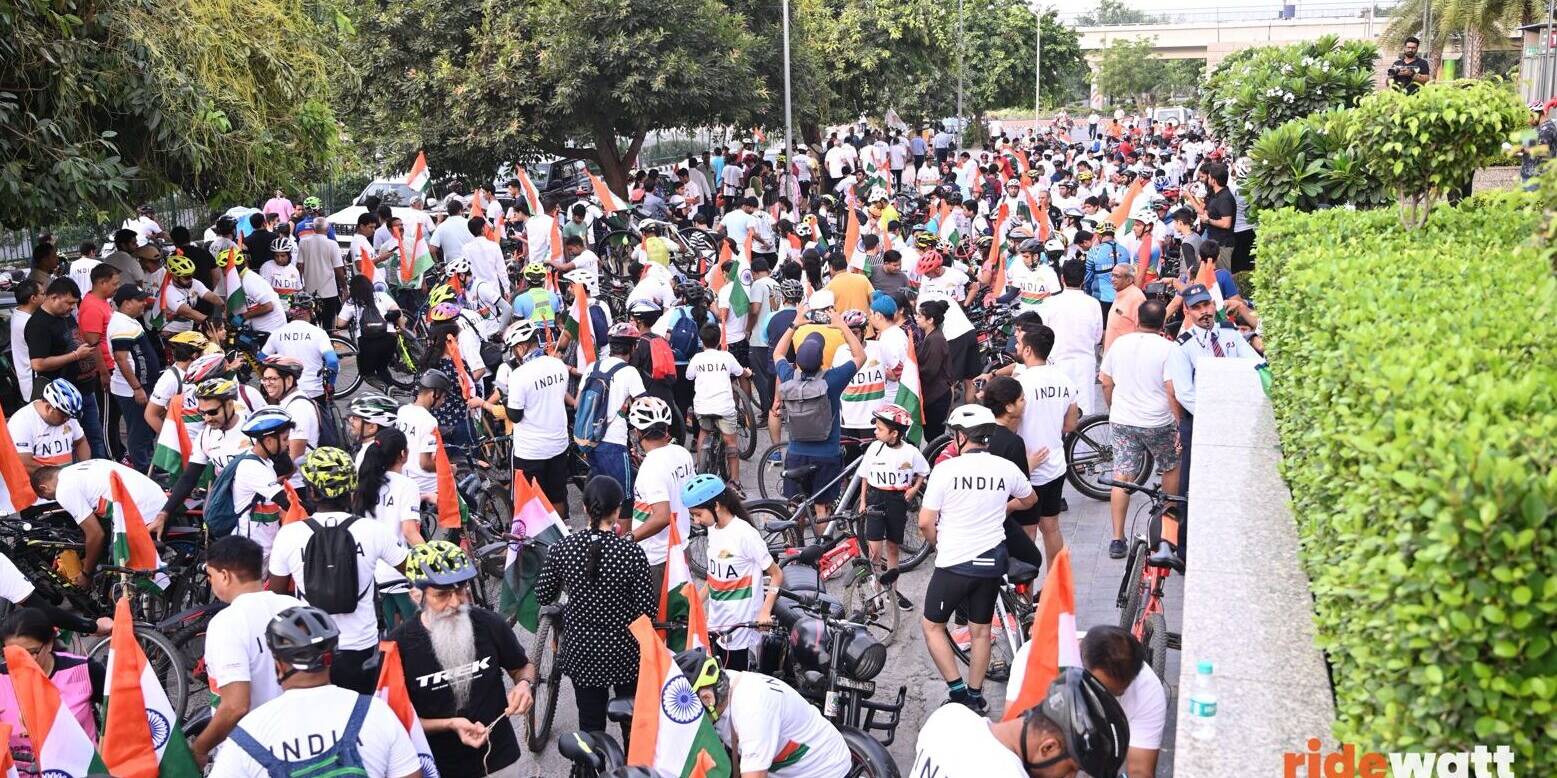In India, the peak event season spans from September to March, accounting for over 60-70% of all events annually. This period is bustling with activity due to festivals, favourable weather conditions across the country, and a surge in weddings. Event management companies often earn the majority of their revenue during this time, making it both a significant opportunity and a challenge, especially in pollution-prone areas like Delhi NCR.
The Pollution Challenge in Delhi NCR
Delhi’s winter season, while ideal for outdoor events due to its cool weather, is plagued by severe air pollution. During November, the Air Quality Index (AQI) can soar above hazardous levels, such as the alarming 750 recorded recently. This pollution spike is driven by several factors:
– Diwali celebrations involving firecrackers.
– Stubble burning in neighboring states.
– High vehicular emissions.
– Poor urban pollution management.
These conditions pose serious challenges for event organizers, particularly for large gatherings like music festivals. Hosting events during such high-pollution periods can compromise attendee health and reduce overall enjoyment, casting a shadow over Delhi NCR’s vibrant event scene.
Strategic Solutions for Managing Events Amid High Pollution
- Indoor Venues with Enhanced Air Quality
– Opt for indoor venues equipped with HEPA filters and advanced air purification systems.
– Choose green-certified venues that actively manage indoor air quality.
- Thoughtful Scheduling
– Plan events during months with lower pollution levels, such as post-monsoon periods.
– For outdoor events, schedule activities early in the morning or later in the evening when pollution is often less intense.
- Educating and Preparing Attendees
– Communicate pollution risks in advance and provide protective masks (N95 or similar) for attendees.
– Use event apps to deliver real-time updates on air quality and safety measures.
- Promoting Eco-Friendly Transport
– Reduce emissions by providing shared transport or electric vehicle options.
– Partner with local transit services to encourage public transportation.
- Monitoring and Adapting Based on Air Quality
– Install air quality monitoring stations at event venues to track pollutant levels.
– Use data to adjust event locations or timings if pollution spikes unexpectedly.
- Sustainable Practices
– Minimize waste and use biodegradable or recyclable materials for decor and utilities.
– Offset carbon footprints by integrating tree-planting initiatives or investing in carbon credits.
- Health and Safety Measures
– Set up medical aid stations with oxygen support and purifiers for emergencies.
– Offer water and refreshments to mitigate pollution’s effects on participants.
- Hybrid and Virtual Event Options
– Allow attendees to participate virtually, reducing the need for physical travel and exposure.
– Stream key sessions online to engage a wider audience.
- Collaborating with Authorities
– Work with municipal bodies to manage traffic, enforce anti-pollution measures, and regulate emissions around event sites.
- Using Nature as a Solution
– Incorporate live plants and green walls as decor to help combat pollution and improve aesthetics.
– Encourage digital solutions over paper-based materials to further minimize the environmental footprint.
The Way Forward
Hosting events in pollution-heavy environments like Delhi demands innovation and responsibility. While the challenges are significant, they also present opportunities to reimagine sustainable and health-conscious event practices. With careful planning and the right measures, it is possible to balance attendee safety with successful event execution.
Related Posts
July 9, 2024
Dwarka Cyclothon: Catalyzing a Fitness Movement and Revolutionizing Sports Marketing
The Dwarka Cyclothon is a…
July 8, 2024
Supercharge Your Corporate Event with Contarctica
We create exceptional corporate events…



